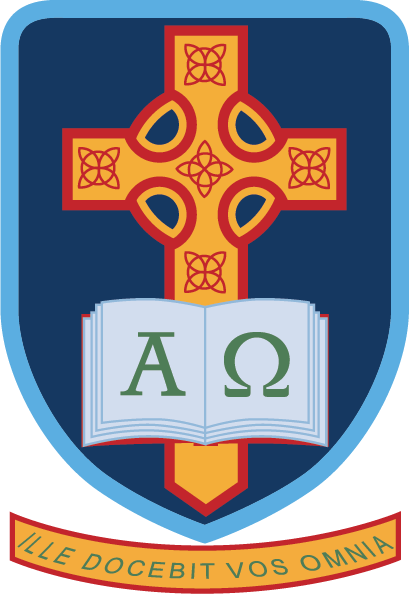
Irish
Overview
The study of Irish develops and extends the pupils’ competence in each of the four skills of Reading, Writing, Listening and Speaking
Irish
Team
- HOD: Mrs M Coyle
- Mrs K Boyle
- Mr P Ferran
- Mrs B Devlin
- Mrs C Connolly
- Mrs F Billington
GCSE
Exam Board: CCEA
YEAR 11
Self, family and relationships, Tense work, Hobbies, Culture and Celebrations, Social media and new technology, School life and extra-curricular activities.
YEAR 12
Holidays, Part-time jobs and future plans, Area, Health and Lifestyle, Caring for the Environment and Shopping.
A LEVEL
The study of A Level Irish further develops and extends the pupils’ competence in each of the four skills of Reading, Writing, Listening and Speaking. A Level Irish study also provides the opportunity to learn about the society and the culture of the Gaeltacht areas of Ireland. It also provides the opportunity to study Irish literature and culture.
AS topics
Relationships – family life and pressures, working parents, personal relationships, young people’s problems.
Health and Lifestyle – diet & exercise, drugs, smoking, dealing with stress, interests, travel.
Young People in Society – friendship, school, future career, media, religion.
A2 topics
Citizenship – equality, discrimination, poverty, immigration, conflict, multiculturalism.
Environment – conservation, pollution, energy.
AS and A Level Irish studies build on the knowledge and skills achieved at GCSE Level. In addition to the 5 hours of Irish study each week there will be an additional half hour with our Irish assistant in order to practice spoken Irish. The study of A Level Irish is highly recommended to gain entry into many university courses and for many job opportunities as in an increasingly global economy, proficiency in modern languages is a highly marketable job skill. Irish is integral to or complementary with a huge number of careers including international business, computers, travel and tourism, public administration, law, banking, accountancy, research, journalism, education and social work. In fact, a sound working knowledge of one or more modern European languages has become a major differentiator when it comes to recruitment. The study of other European languages and literature develops cultural awareness and sensitivity, improves one’s ability to communicate and promotes greater appreciation of European business environments.
